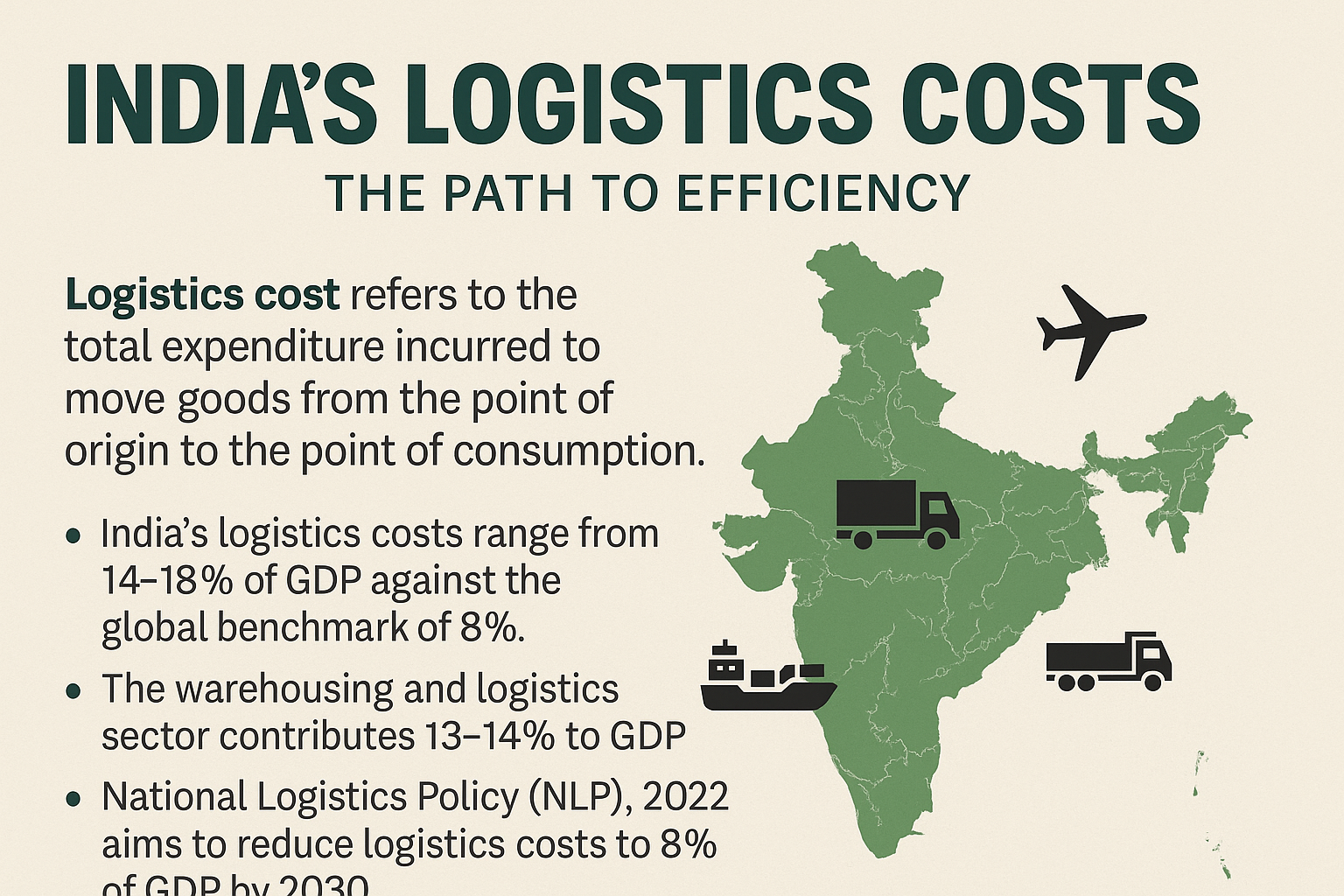176.
🐠 GREAT BARRIER REEF BIODIVERSITY SHIFTS
Alarming Changes in Fish and Coral Communities Amid Climate Pressures
🌊 Climate Change Reshaping the World’s Largest Reef
The Great Barrier Reef (GBR), one of Earth’s most iconic marine ecosystems, is undergoing significant transformations. A recent multi-decade study has revealed sweeping changes in fish communities and coral composition, raising concerns about long-term marine biodiversity and human livelihoods.
🎣 Transformations in Fish Communities
📊 What the Study Found:
An international team led by Lancaster University and the Australian Institute of Marine Science (AIMS) analysed 30 years of data. Since the 1990s:
- Fish communities have changed dramatically and rapidly.
- Previously established biodiversity patterns are being overturned.
- The northern GBR is experiencing a decline in fish diversity, while the southern regions show an increase.
🔁 Continuous Turnover:
Species are frequently replaced, with no signs of stabilisation. This dynamic reshuffling challenges conservation planning and resource management.
🌪️ Pressures on the Reef
The GBR is facing multiple compounding stressors:
- 🌡️ Coral bleaching due to rising sea temperatures
- 🌀 Cyclones causing structural damage
- 🧪 Pollution from coastal runoff
- 🌟 Crown-of-thorns starfish outbreaks destroying coral cover
These factors have significantly reduced coral abundance and are reshaping marine life along the reef.
🧱 Coral Composition Matters More Than Quantity
Surprisingly, it’s not just coral cover that influences fish diversity — it’s which species of coral are present:
- 🧩 Different coral species provide unique structures for fish shelter and feeding.
- 🐠 Coral shifts alter entire food webs, affecting how fish interact and survive.
🔮 What This Means for the Future
Reef fish perform vital ecosystem functions:
- 🪸 Control seaweed growth, preventing it from smothering corals
- 🏖️ Generate sand, helping to sustain beaches and islands
- 🌱 Maintain nutrient cycles vital for reef health
📉 If fish communities continue to shift unpredictably, ecosystem services and local economies — particularly those relying on fisheries and eco-tourism — could suffer major losses.
🛑 A Call for Urgent Action
Understanding these biodiversity shifts is essential for forecasting the future of the Great Barrier Reef. Conservation strategies must adapt to this new ecological reality, ensuring that the benefits of the GBR continue for generations to come. 🌍💙















